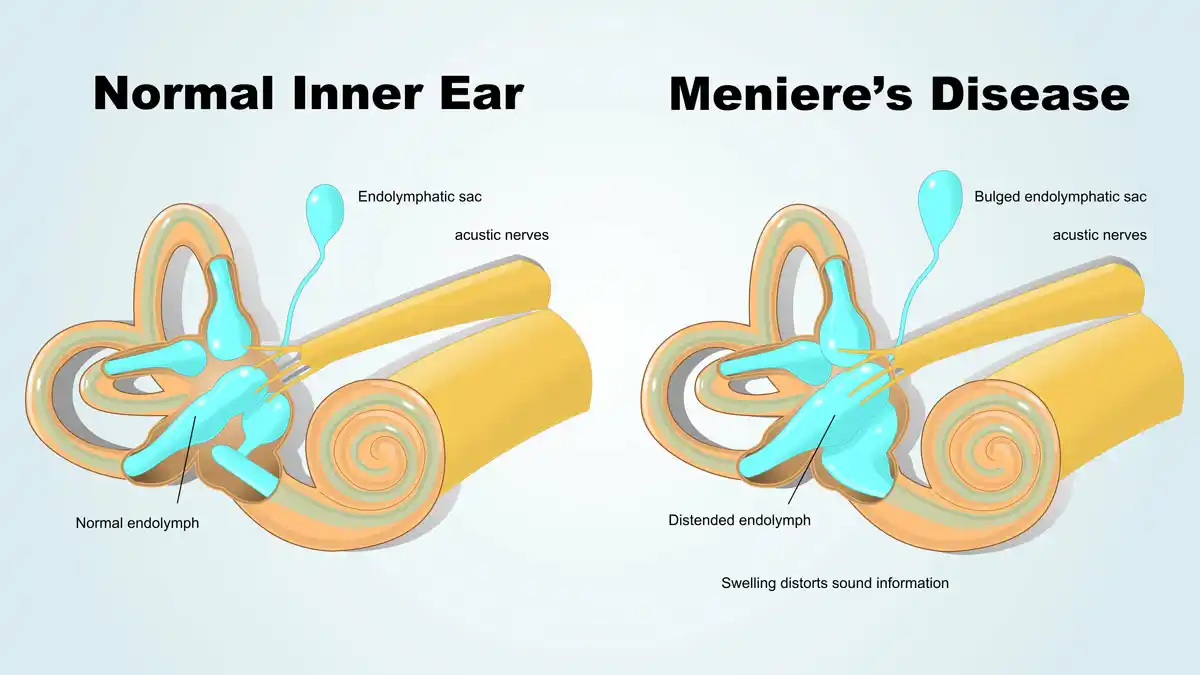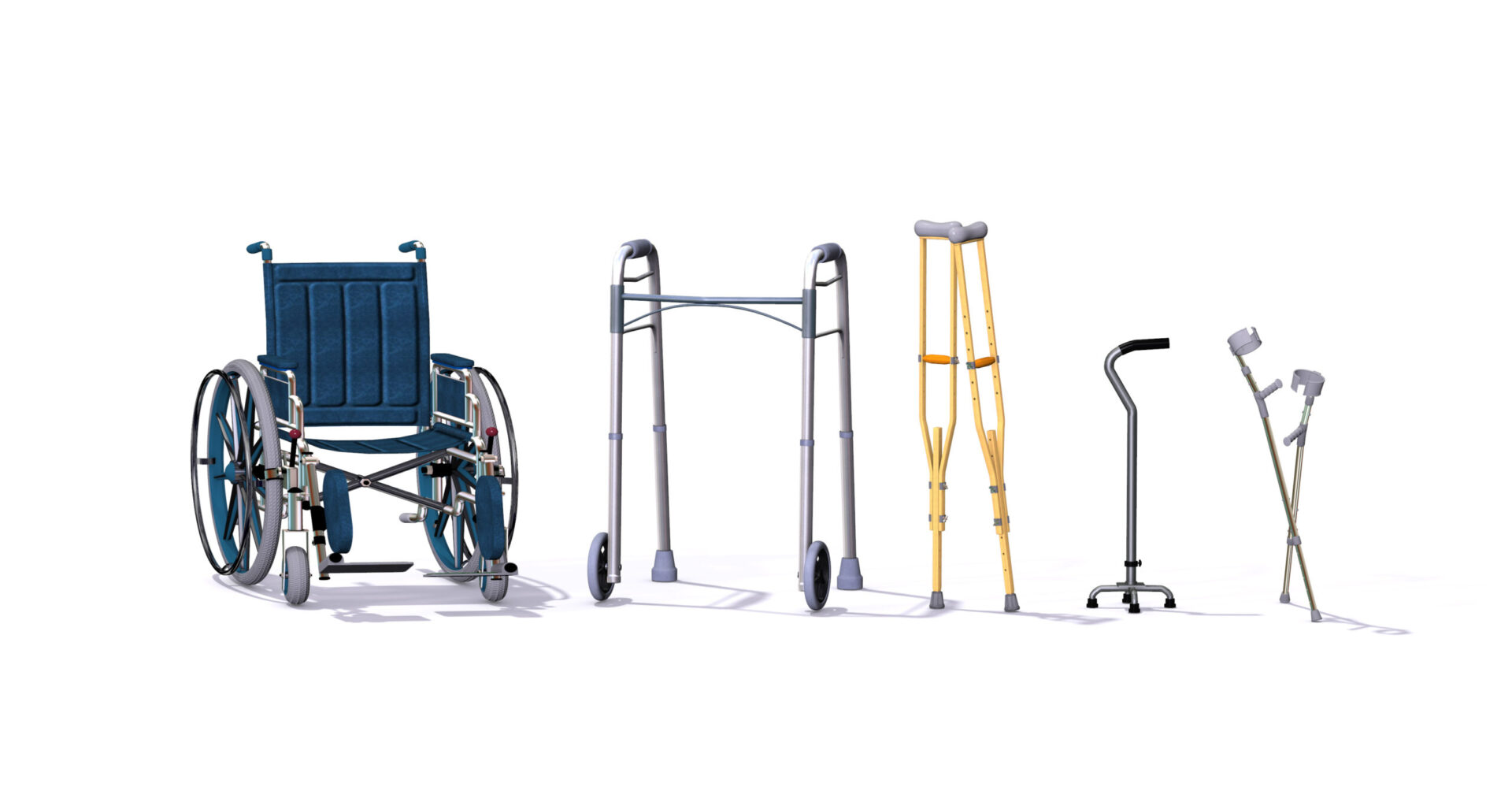Food is medicine – nutrition and vestibular migraine with Kelli Yates, RDN
Food and diet can impact how we feel, and can play an important factor when it comes to the management of certain vestibular conditions. Your doctor may recommend certain dietary guidelines based on your vestibular condition and other factors (medications, other health conditions etc).
For vestibular migraine, certain foods can provoke your symptoms or trigger a migraine depending on how “full” your migraine threshold is on a given day. (click here to learn more about threshold/bucket theory and some additional information on migraine diets). If you’re not sure where to start with changing your diet, a registered dietitian or nutritionist can be a great resource and guidance in exploring how food can be medicine.
Kelli Yates, RDN, LD, CLT is a private practice registered dietitian and specializes in migraine and gut health. She became interested in this area while pursuing her own answers to help manage her migraine beyond medication. Kelli has self guided programs, 1 on 1 help with her personally, and great information that she shares with us all on her instagram (@the.migraine.dietitian).
Kelli sat down with Dr. Madison to discuss how food can impact our health, especially those with migraines of all types.
Kelli notes how food can be medicine as both a preventative and active treatment. In general, food is best used as a long term preventative. For migraine, this long term management of symptoms with food involves learning what foods provoke symptoms or trigger a migraine and in what quantity. Some foods may need to be avoided altogether and others you may be able to enjoy in moderation, it really depends on the person. An elimination diet can help reduce common food triggers for migraine and then you reintroduce foods to determine if they affect you.
Food can sometimes have an immediate effect. Peppermint and ginger can help with acute nausea and initial symptoms. Food schedules can also have a more immediate change on how you feel. Regular meal times/not skipping meals, or healthy snacks throughout the day can be a small change that could impact how you feel.
Here are some tips Keilli shared with us regarding diet and migraine:
- Reintroduce foods one at a time. There are many ways to introduce foods and a dietitian is a great resource to help tailor reintroduction to you!
- Low histamine diets are a temporary solution. If a low histamine diet helps, further care is needed to get to the root cause.
- Do what works best for you. Listen to your body on what feels good or bad. You know your body best. Keep that in mind before trying something that is suggested you try or you were told worked for someone else.
If you want to hear more from Kelli, follower her on instagram @the.migraine.dietitian or go to her website https://kelliyatesnutrition.com/
Kelli talks more about reintroducing foods, why low histamine diets are only temporary solutions, probiotics, gut health testing and anxiety around food in her talk with Dr. Madison.
Do you want to learn how to manage your vestibular disorder holistically, through diet and more?
Click here to Manage your Vestibular Disorder Better
Disclaimer:
Remember: this post is for informational purposes only and may not be the best fit for you and your personal situation. It shall not be construed as medical advice. The information and education provided here is not intended or implied to supplement or replace professional medical treatment, advice, and/or diagnosis. Always check with your own physician or medical professional before trying or implementing any information read here.






